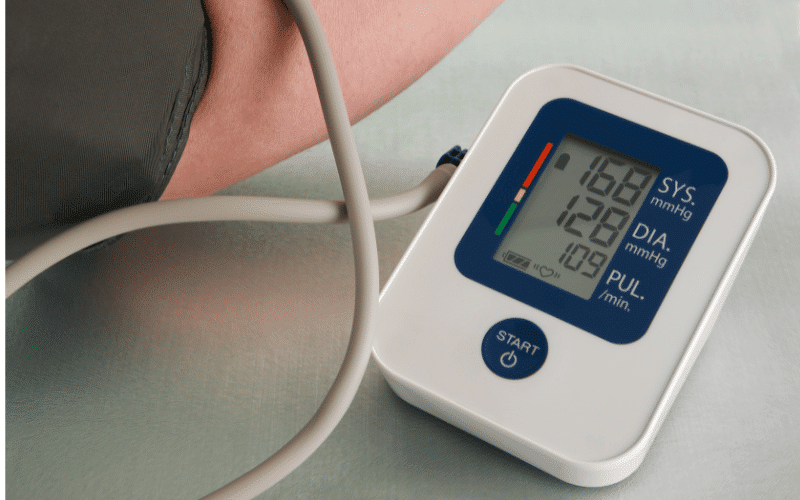2. Long-term High Blood Pressure: The Silent Assassin of the Heart

Imagine your heart as a castle, resiliently standing against the constant battering of an enemy onslaught – high blood pressure. Over time, this relentless attack can lead to changes in the heart’s structure and function, causing a condition known as dilated cardiomyopathy.
High blood pressure, or hypertension, means that the pressure of blood flowing through your arteries is consistently too high. This puts a lot of stress on the walls of your arteries and the heart itself. The heart has to work much harder to pump blood against this pressure, similar to how it would take more effort to push water out of a hose when the pressure is high.
Over time, this increased workload causes the heart muscle to thicken and stiffen, a process known as left ventricular hypertrophy. While the heart initially compensates by pumping harder, over time it becomes less efficient. The walls of the heart may stretch and thin out, leading to dilated cardiomyopathy.
With dilated cardiomyopathy, the heart’s main pumping chamber – the left ventricle – becomes enlarged, or dilated. This dilation impairs the heart’s ability to pump blood effectively and can lead to heart failure, where the heart can’t adequately supply the body with enough blood. Symptoms of heart failure can include breathlessness, fatigue, and swelling in the legs, ankles, and feet.
Hypertension-induced cardiomyopathy underscores the critical importance of managing high blood pressure. While the battle against this silent assassin can be challenging, it’s a fight worth undertaking to protect the heart from its damaging effects. With proper management and treatment, the risk of developing dilated cardiomyopathy due to high blood pressure can be significantly reduced. (2)